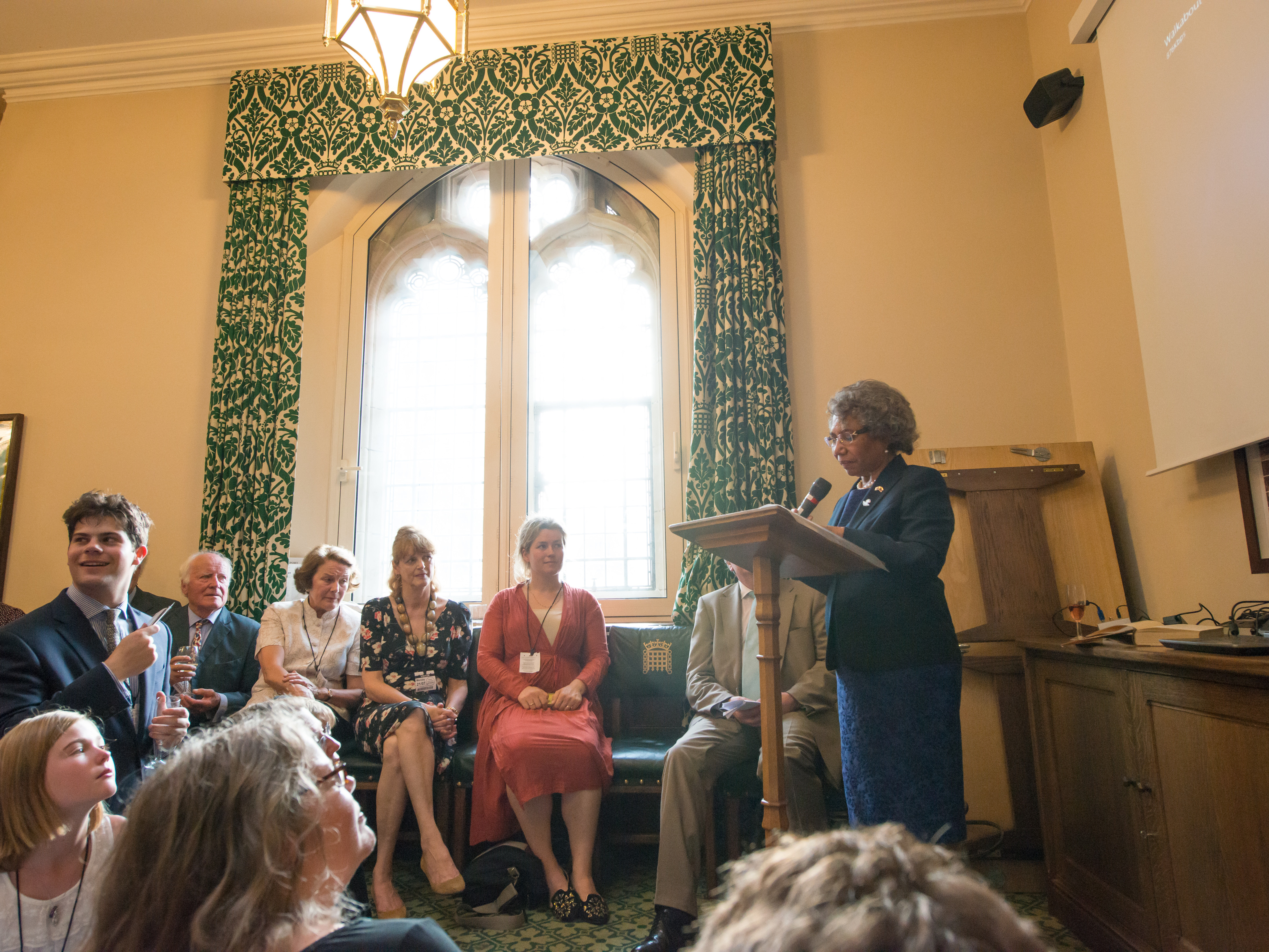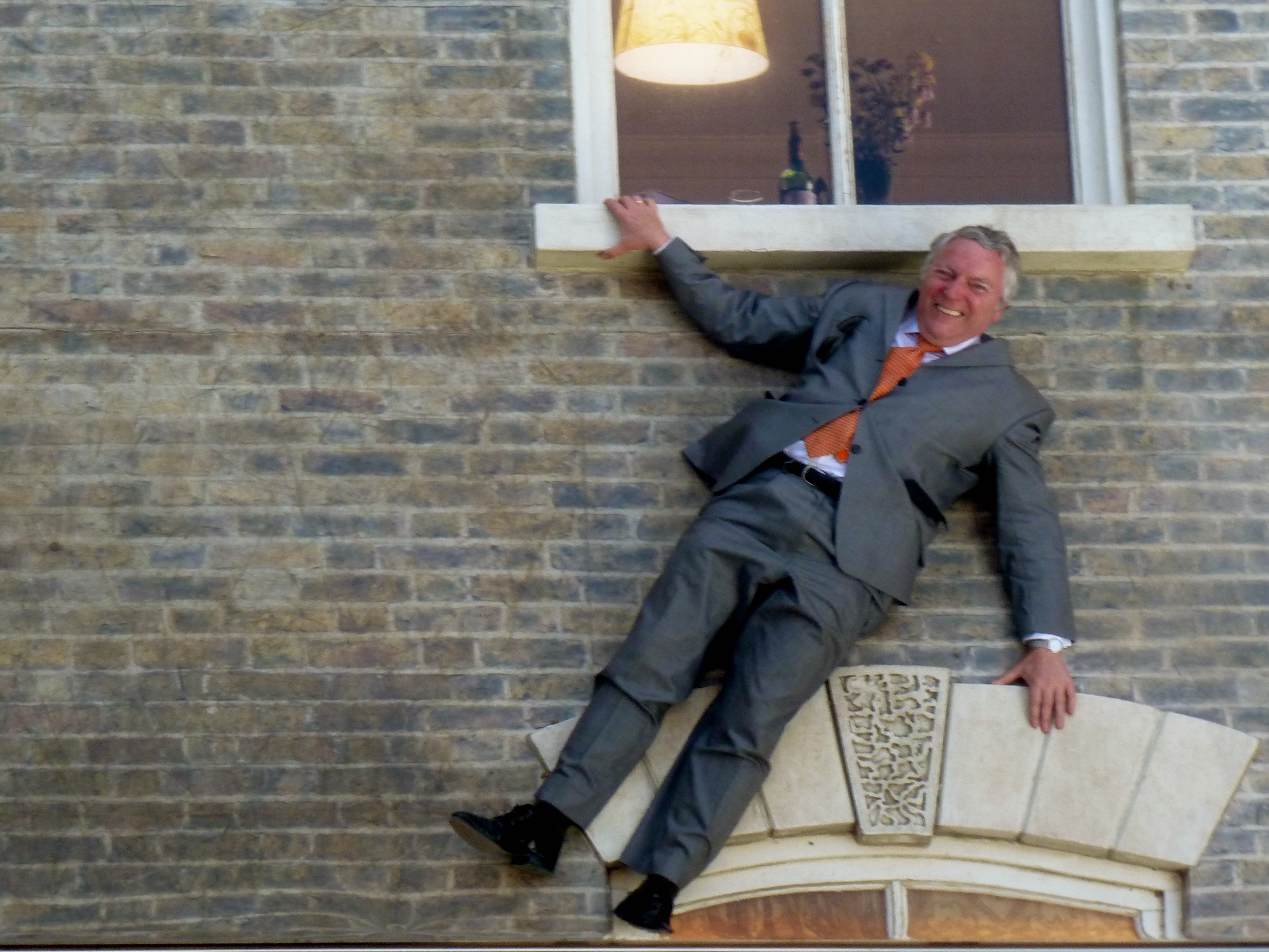Just before Christmas without any publicity at all the Home Office published new Statutory Guidance governing Public Spaces Protection Orders (PSPOs), a power that has been used to ban a wide range of public activities, including ball games, rough sleeping, busking, skate boarding and standing in groups.
The Manifesto Club without whom I worked on this campaign to change the guidance carried out FOI surveys into the use of the PSPO power in the period up until June 2017 (using this data, they estimate that around a fifth of existing PSPOs are explicitly prohibited, or strongly advised against, by the new guidance.
But because of the lack of publicity, as they say in their most recent posting Councils such as Runnymede Borough Council, Ealing Council and Elmbridge Borough Council are are continuing to pass and enforce unreasonable PSPOs.
Read what the Manifesto Group say about the changes.
The important change is that the new Statutory Guidance makes clear that orders should only target the specific behaviour that is causing nuisance or harm, rather than activities that are in themselves harmless (see our analysis of the Guidance changes).
The Guidance states that ‘councils should ensure that the Order is appropriately worded so that it targets the specific behaviour or activity that is causing nuisance or harm and thereby having a detrimental impact on others’ quality of life’.
It also states that PSPOs ‘should not be used to target people based solely on the fact that someone is homeless or rough sleeping’, and that they should not target ‘everyday sociability, such as standing in groups which is not in itself a problem behaviour’.
The Guidance strongly advises against the banning of activities for young people, such as skateboarding, stating: ‘It is important that public spaces are available for the use and enjoyment of a broad spectrum of the public, and that people of all ages are free to gather, talk and play games.’
Our surveys of PSPOs found that, up until June 2017, there had been 319 PSPOs issued by 152 local authorities. Of these, we judge that 64 PSPOs, or a fifth of all orders, either openly violate or strongly go against the terms of the new Statutory Guidance.
This means that dozens of councils have passed orders which violate the new guidance, since they target behaviours that are essentially innocuous.
These include:
- 30 bans on loitering or congregating in groups: the guidance explicitly states that standing in groups ‘is not a problem behaviour’;
- 14 PSPOs introducing dispersal powers (allowing council officers to disperse people from an area): this fails to target a ‘specific behaviour or activity’;
- 3 bans on the wearing of face or head coverings: this activity does not in itself cause nuisance or harm;
- 7 bans on rough sleeping or sleeping in public: the guidance states that rough sleeping itself should not be targeted;
- 7 restrictions on everyday activities in public spaces that are so broad as to be unjustifiable for the aim of preventing detrimental behaviour;
- 3 orders targeting the activities of homeless people, where their behaviour is not actually causing nuisance or harm”
The Guidance strongly advises against the banning of activities for young people, such as skateboarding.
16th December 2014
Government Rides to Rescue of Levy
1st December 2014
Happy New Year of the Horse!
28th July 2014
Celebrating the Moyne/Broughton Expeditions of 1934-36
24th December 2013






